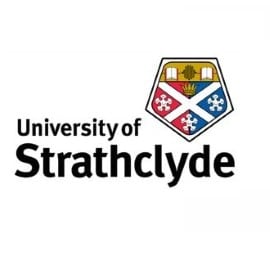Project Description
This project will explore the evolution of C-complex asteroids during the first few million years of Solar System history. The goal is to understand their importance as reservoirs of water and organic matter, and their role in transferring these bioessential compounds to early Earth and other planets.
Context and significance: C-complex asteroids accreted within the protoplanetary disk 4560 million years ago. Soon after accretion they were heated sufficiently to melt water ice, which interacted with co-accreted minerals to produce a suite of secondary phases including phyllosilicates, sulphides and carbonates (principally calcite, dolomite, and aragonite). These minerals can provide detailed information on the nature and evolution of liquid water within the asteroid, including its chemical composition and temperature, and other processes including impact deformation and lithostatic compaction. In addition to using conventional techniques for chemical and isotopic analysis, this project will use electron backscatter diffraction to map mineral microstructures, and the evolving technology of atom probe tomography (APT) to determine chemical and isotopic compositions at the nanoscale.
This project comes at a uniquely important time in the exploration of the most primitive solar system materials. There are two missions underway to explore carbonaceous chondrite asteroids: the NASA OSIRIS-REx mission will soon return samples of the asteroid Bennu, whilst the Japan Aerospace Exploration Agency (JAXA) Hayabusa2 has just returned samples of the asteroid Ryugu. Furthermore, a carbonaceous chondrite meteorite recently landed in England, the first UK meteorite to be recovered in 30 years.
Dissemination: This research area is inherently international in scope. The student will collaborate with partners in Europe, the USA and Australia, and share results at international conferences including the annual Meteoritical Society and Lunar and Planetary Sciences meetings.
Funding Information
This project is currently unfunded, and is available to all applicants with independent sources of funding, although scholarship opportunities may be available later in 2021
Eligibility Requirements
The project is suitable for a graduate in Geology, Earth Science, or a related field. When finished the student wil; be equipped with skills in planetary science, mineralogy and geochemistry, which could lead to employment in areas such as resource exploration, environmental management and space science.
Application Process
Apply online or contact the principal supervisor with any questions ([email protected]).


